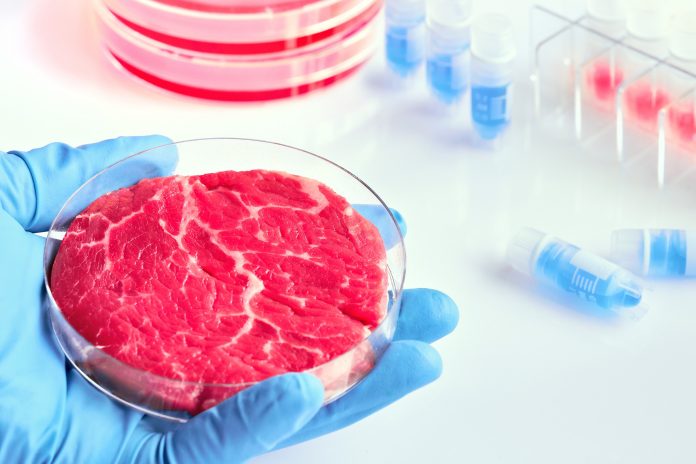Australia has six weeks to provide input into one of the “most innovative foods we have seen in the country in a long time”, cultivated meat, says Food Frontier.
Earlier this year, Vow Foods applied to Food Standards Australia New Zealand (FSANZ) to evaluate its cultured quail as a food ingredient. Now, after months of safety investigations, the regulator has concluded that it is safe to eat.
FSANZ is sharing its findings as part of the public consultation process, giving the public an opportunity to provide feedback about Vow’s product as a first example in Australia and New Zealand from the emerging field of cultivated meat production.
Globally, Singapore led the way in 2020 by becoming the first country to approve a cultivated meat product, with the US following as the second in June 2023. Australia and New Zealand have four companies working in the cultivated meat ecosystem.
Cultivated meat production replicates the biological process of cell growth that occurs within an animal. It involves taking a small sample of source cells from an animal and placing them into an environment that provides them with the nutrients and conditions they need to grow. The final product is said to be “indistinguishable from conventional meat at the cellular level”.
Food Frontier congratulates FSANZ
Food Frontier Executive Director Dr Simon Eassom congratulates FSANZ on its thorough evaluation of the safety of Vow’s product so far.
“FSANZ is undertaking a comprehensive scientific evaluation to ensure foods made using Vow’s cultured quail as a food ingredient are safe,” he says.
“This is an exciting step, particularly because, as reinforced currently at COP28, innovative food technologies are going to become essential means of meeting the growing demand for meat without adding further to ecological and environmental degradation.
“Cultivated meat is one of the three pillars of alternative protein production with the potential to provide significant protein sources without the impacts that our current food systems have on the atmosphere, water use and eutrophication, as well as land use and the deforestation required to produce feedstock.
“Once cultivated meat technology advances to a scale that is required for commercial viability, it promises to be a viable way to help meet the increasing global demand for meat.”
Consultancy firm McKinsey and Company projects that by 2030, the global value of cultivated meat could reach up to $25 billion, with the alternative proteins sector potentially contributing $1.1 trillion to the global economy and generating up to 10 million new jobs by 2050.
Countries around the world, such as Singapore, the Netherlands, the USA, Israel, and more recently the UK, have heavily invested in cultivated meat technology and development to shore up food security.
Public feedback
Mr Eassom says in FSANZ’s call for public submissions, it proposes a number of labelling requirements for cultivated meat to avoid consumer confusion.
“Public confidence around the introduction of novel food categories is always a vital step in gaining acceptance,” he says.
“The ultimate success of Vow’s application will pave the way for Australia and NZ to take a lead in this exciting new era of food production.”
FSANZ evaluates each novel food product on a case-by-case basis. This current approval process would not apply carte blanche across all cultivated meat products.
For more information, see the call for submissions on the FSANZ website.





